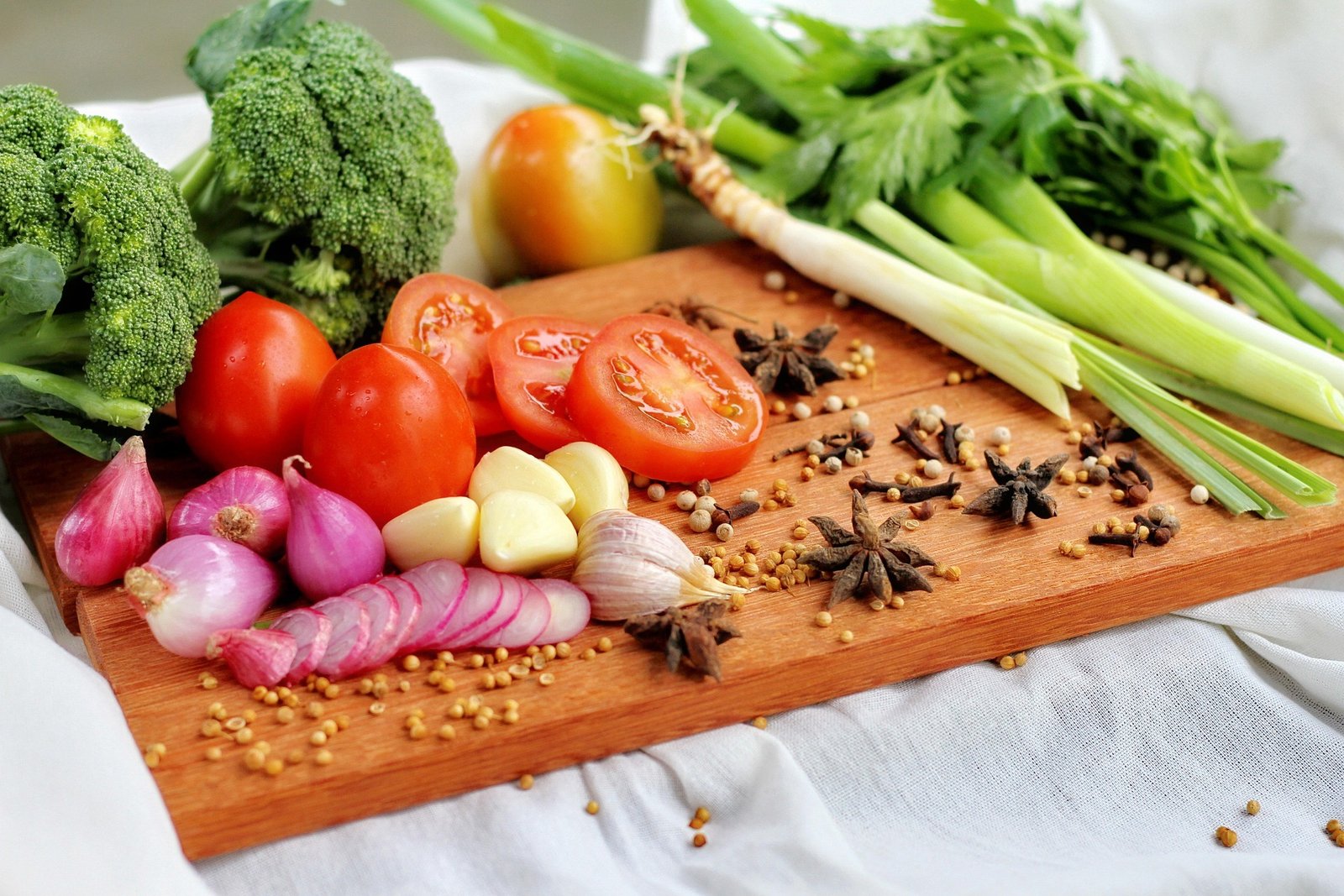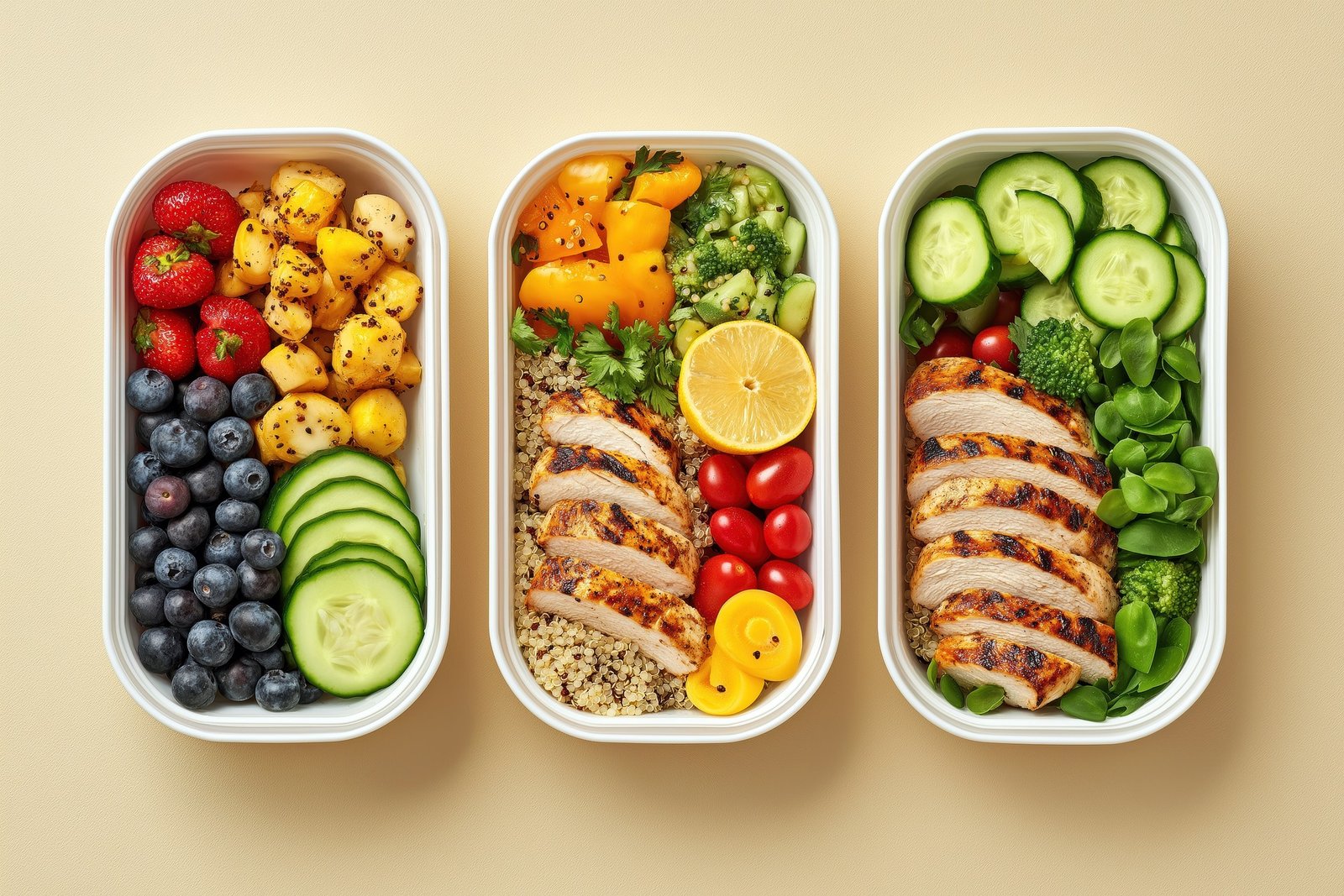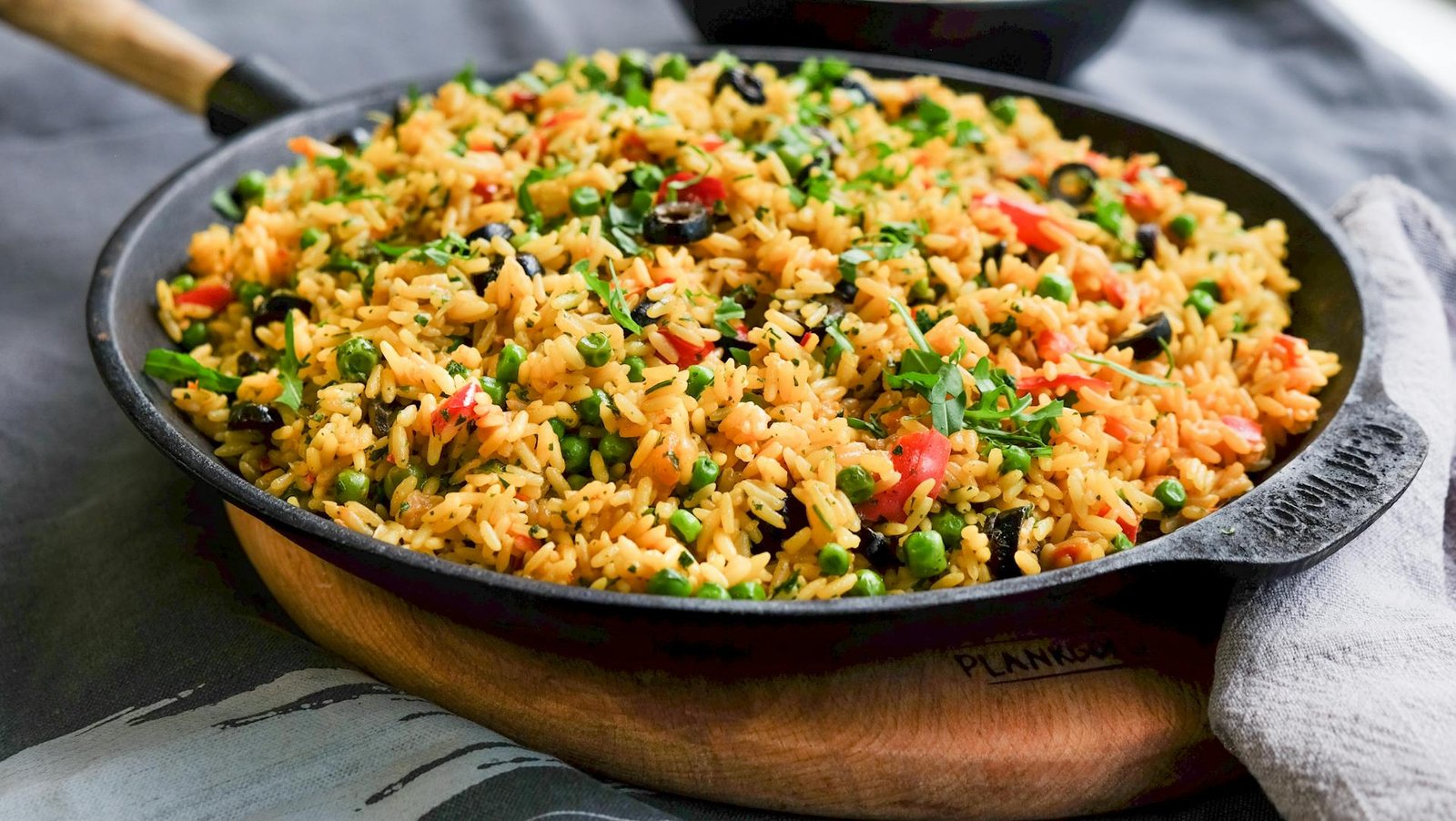
Best Anti-Inflammatory Foods and How to Cook Them
Title: Best Anti-Inflammatory Foods and How to Cook Them for Maximum Health Benefits
Inflammation is your body’s natural response to injury or infection. However, when it becomes chronic, it can quietly damage your health over time. Inflammation is linked to conditions like heart disease, arthritis, and even depression. Chronic inflammation is a silent issue many of us don’t realize we’re battling but this does not have to be the case.
The good news? What you put on your plate can play a powerful role in fighting it.
In this post, we’ll explore some of the best anti-inflammatory foods and show you exactly how to prepare them to preserve their healing properties. Whether you’re just starting out or looking to revamp your weekly meals, you’ll find easy tips and delicious ideas to support your health from the inside out.https://asavvyhouse.com/wp-admin/post.php?post=117&action=edit
Let’s dive into your anti-inflammatory kitchen essentials.
Best Anti-Inflammatory Foods & How to Cook Them
🐟 1. Salmon – Omega-3 Powerhouse
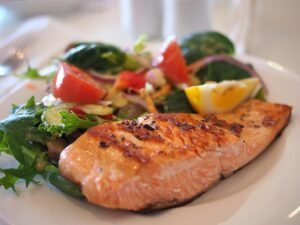
Salmon is rich in omega-3 fatty acids that reduce inflammation.
How to cook:
Baked Lemon Garlic Salmon:
Ingredients: 1 salmon fillet, garlic, lemon slices, olive oil and fresh parsley.
Bake at 375°F (190°C) for 15-20 minutes. Serve with steamed broccoli or quinoa.
🥬 2. Leafy Greens – Antioxidant Rich
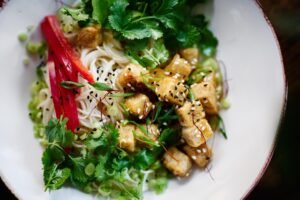
These are great because they are full of vitamins A, C, and K and plant-based antioxidants
Here’s an example of a great recipe packed with healthy greens:
Sautéed Garlic Kale:
Ingredients: Fresh kale, garlic, olive oil, sea salt
Lightly sauté in olive oil until just wilted. Don’t overcook to preserve nutrients.
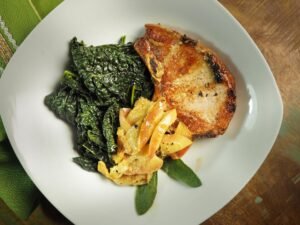
🍇 3. Berries – Nature’s Anti-Inflammatory Candy
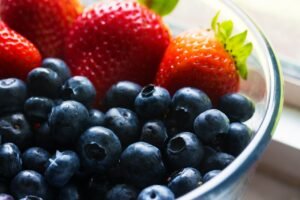
Berries are packed with polyphenols and vitamin C. They are both healthy and delicious and they can be incorporated into your diet in different ways.
This is an example of how to use berries for a delicious meal:
Berry & Chia Breakfast Bowl:
Blend blueberries and strawberries into a smoothie bowl and top with chia seeds, almonds, and a drizzle of honey.
🌿 4. Turmeric – The Golden Healer
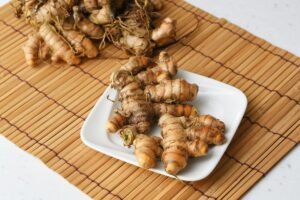
Turmeric contains curcumin which is known for its strong anti-inflammatory effects. There are many ways you can incorporate turmeric into your diet but we have chosen this one as it is delicious and can be made any time of the day
Turmeric Golden Milk:
Ingredients: Almond milk, turmeric, cinnamon, ginger, black pepper, honey. Warm all ingredients together and whisk. Drink before bed or in the morning so you reap this drink’s full benefits.
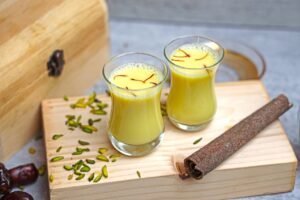
🌰 5. Walnuts and Flaxseeds – Healthy Fats + Fiber
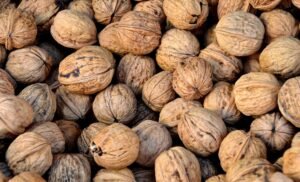
Walnuts and flaxseeds are great because they contain anti-inflammatory fats + omega-3s which are a combined powerhouse for nutrition.
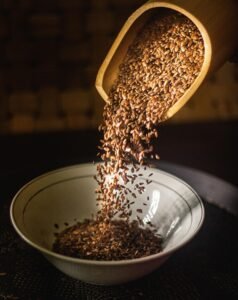
Anti-Inflammatory Overnight Oats:
Mix oats with almond milk, flaxseeds, chopped walnuts, and berries and let it sit overnight.https://www.nutrition.gov
6. Ginger
This root is a well used and loved spice that has numerous benefits. Ginger is a antioxidant powerhouse that have included relief of digestive issues, pain relief, reducing inflammation and many more.
Use Ginger fresh in stir-fries or as tea. Ginger is also used grated in teas, soups and other dishes. It can be used in baked goods and treats like cookies and breads.
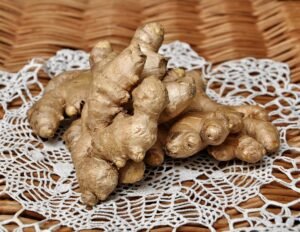
7. Olive Oil
It is best used drizzled raw or low-heat cooking and can be consumed topically and orally. Many people use Olive oil in cooking, hair care, skin among others. It is an antioxidant, healthy fat that offers anti-inflammatory properties and many other tried and tested health benefits.
Salad Dressing made with Olive Oil
Mix Olive Oil, lemon juice, garlic, Dijon mustard, salt and pepper. Give it a good shake and add it to your favorite salad. Leftover can be stored in the fridge.
Sample Day of Anti-Inflammatory Meals
Eating an anti-inflammatory diet doesn’t have to be complicated.—just delicious and nourishing!
For instance, a sample day might start with a warm bowl of turmeric oatmeal topped with fresh berries and chia seeds , followed by a quinoa and roasted veggie bowl with tahini dressing for lunch . For dinner, go for a comforting baked salmon with garlic sautéed greens and sweet potato mash . Don’t forget snacks—hummus with sliced cucumbers or a handful of walnuts and blueberries can keep you satisfied between meals while reducing inflammation.
These meals are not only packed with flavor but also full of anti-inflammatory ingredients like omega-3s, antioxidants, and fiber.
Tips for Sticking to an Anti-Inflammatory Diet
Meal prepping is excellent way to help you stay focused on your anti-inflammatory journey. In order to stick to an anti-inflammatory lifestyle long term, planning is key. Start by creating a weekly meal prep routine—batch-cook grains, chop veggies, and portion snacks ahead of time. Preparation and planning is key when choosing ingredients for your meals so it will be easier to stay focused and not have to eat random foods that may not be on your diet.
Creating a structured shopping list that is consistent with the meals you wish to have is also a good way of sticking to your healthy eating journey. Buy foods that go along with your meal plans and that can be incorporated into several meals.
Keep a shopping list of staples like olive oil, leafy greens, berries, and lean proteins so you’re always ready to whip up a quick meal. Making simple swaps can also make a big difference: switch white rice for brown or cauliflower rice, or replace sugary snacks with fresh fruit and nuts. Having healthy options on hand helps reduce temptation and makes it easier to stay consistent with your wellness goals.
Conclusion
Food can be your friend or your food. An anti-inflammatory diet is a healthy yet delicious way to keep your body in shape and well nourished.
If you have found these tips healthy comment down below and share with us your anti-inflammatory foods and how you use them. ( Download your free self-care checklist and assessment)

